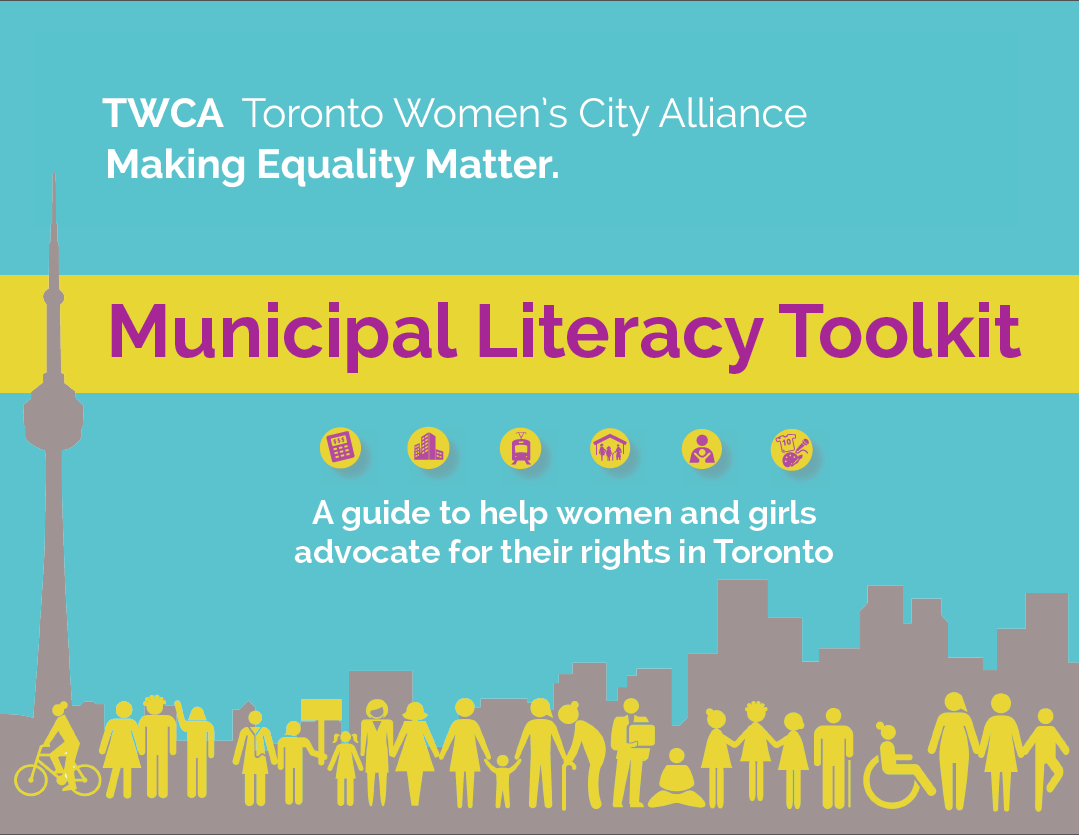Things just got a bit worse for women. In the wake of a new UN report lamenting women’s lack of access to economic opportunity and the disproportionate burden of unpaid care work, Toronto’s leadership decided to compound the problem in its small way. The civic appointment committee has recommended four new candidates for the Toronto Transit Commission board, all of whom are male. This would bring the board’s total membership count to 10 men and one woman. Twenty years after the Beijing Declaration on the equal rights of women, how far have we really come?
The TTC candidates were all lauded in the public record for their business experience and service on boards. But as long as corporate and board experience are the main selection criteria for certain public service positions, women don’t stand a chance.
This is how institutionalized discrimination endures. In 2012, only 10.3 per cent of all the seats on Canadian boards were occupied by women. Given this and women’s broader underrepresentation in the corporate world, these male-biased benchmarks of competence are clearly insufficient grounds for appointment if equality is truly a concern.
And even if we accept this inappropriate standard, the TTC’s current chair, Councillor Josh Colle, has observed that there were “equally qualified” female candidates. Or, in the slightly more combative words of Councillor Paula Fletcher, “Either there’s something very wrong with women in the city of Toronto or something very wrong with the civic appointments committee, and I believe it’s the latter.”
So why were no female candidates recommended?
In Toronto, it seems, the value of equality, while endlessly discussed, has yet to be internalized. Many of the policies and programs that exist to promote equality and diversity are toothless and little-used. Even with an Office of Equity, Diversity and Human Rights to give guidance on the implementation of such policies, concerted action just doesn’t seem to be on council’s radar.
Take the city’s “equity impact assessment.” Like the financial impact assessment, this appraisal precedes every piece of municipal policy and is meant to ensure that the policy has been vetted for its impact on equity-seeking groups. In reality, it is rarely used rigorously.
But if used well, such an assessment would likely have prompted the appointment committee to circumvent this latest fiasco entirely.
Surely it would have cautioned the male-dominated committee and council about consciously or unconsciously choosing candidates like themselves. Surely it would have increased awareness of the continued pervasiveness of gender hierarchies in hiring.
Surely it would have exposed council to information salient to the selection process, such as the city’s own 2011 transportation survey data, which show, for instance, that women are more likely than men to make multiple trips to school, daycare, work, etc., or that more women use transit than men in 42 out of 44 Toronto wards. Surely a proper equity assessment would have asked why a transit system that serves far more women than men is overseen by a male-dominated board.
An equitable society must provide an adequate range of opportunities for all. A good government must not just pay lip service to that notion, but also do the brave hard work of breaking down entrenched hierarchies. Anything less undermines our democracy and is a mockery of a motto that proclaims diversity as our strength.
Mayor John Tory has asked the committee to reconsider its decision, but this is only a first step. City council should send a strong message on all equity issues by rejecting these recommendations and ensuring that all city divisions implement their own equity and diversity policies. It’s high time we start moving ahead on this issue.
Kara Santokie, PhD, is the Director of Toronto Women’s City Alliance.
This article appeared in the Toronto Star on 4th May 2015





